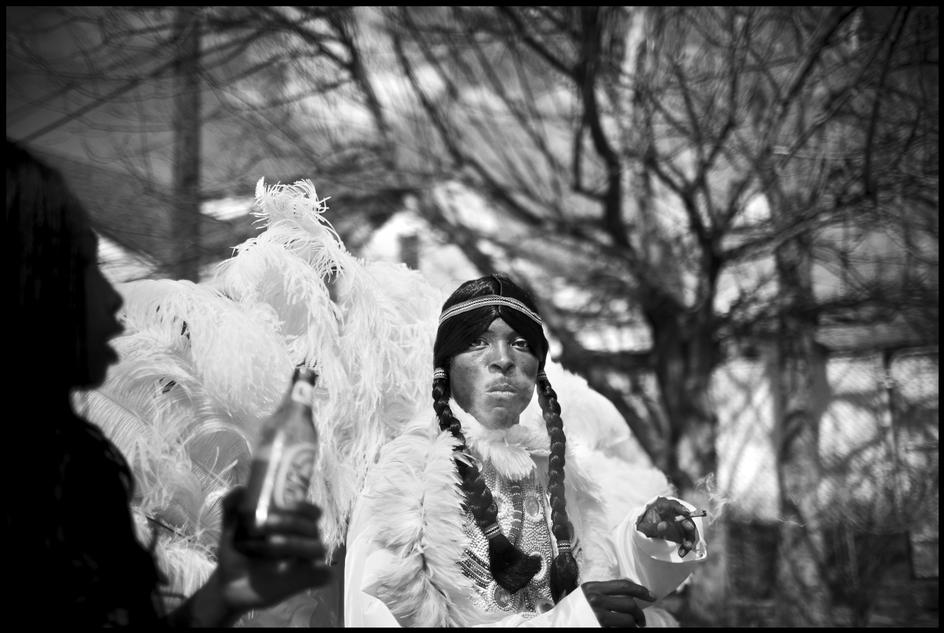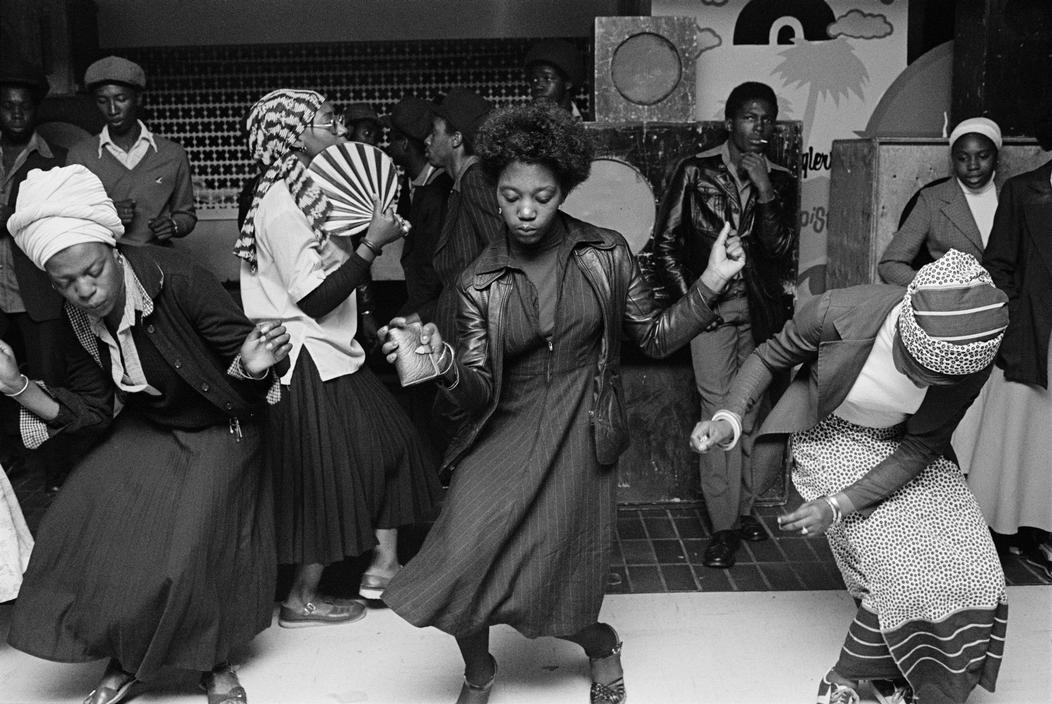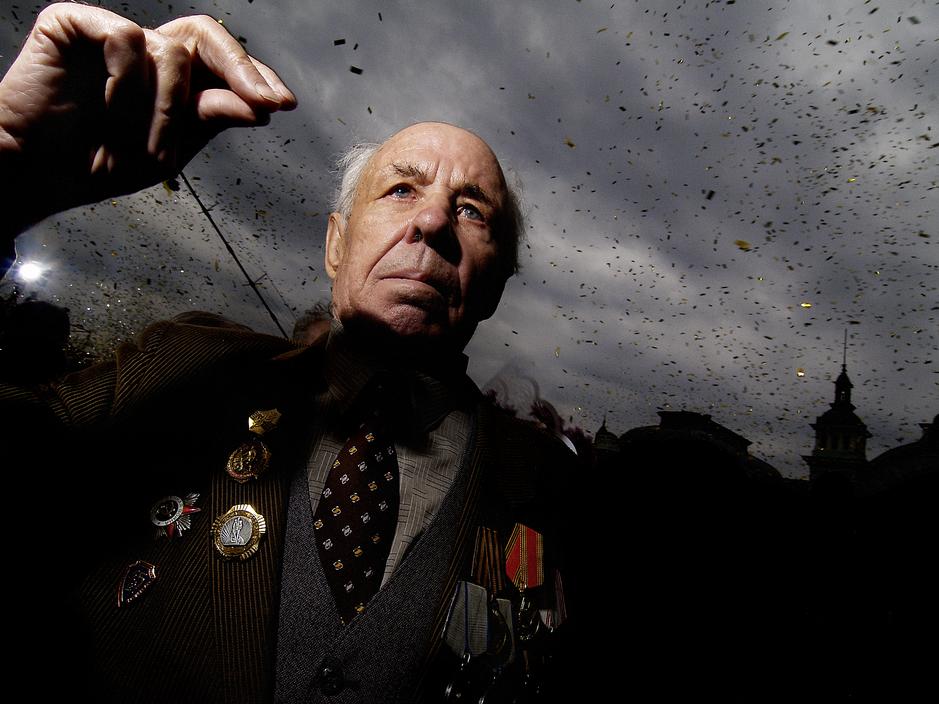Magnum Photographers' Advice to Aspiring Photographers
I recently read an article about 35 magnum photographers' advice to aspiring photographers, which got me into some deep thinking of my own photography journey.
David Alan Harvey
You must have something to “say”. You must be brutally honest with yourself about this. Think about history, politics, science, literature, music, film, and anthropology. What affects does one discipline have over another? What makes “man” tick? Today, with everyone being able to easily make technically perfect photographs with a cell phone, you need to be an “author”. It is all about authorship, authorship and authorship. Many young photographers come to me and tell me their motivation for being a photographer is to “travel the world” or to “make a name” for themselves. Wrong answers in my opinion. Those are collateral incidentals or perhaps even the disadvantages of being a photographer. Without having tangible ideas, thoughts, feelings, and something almost “literary” to contribute to “the discussion”, today’s photographer will become lost in the sea of mediocrity. Photography is now clearly a language. As with any language, knowing how to spell and write a grammatically correct “sentence” is , of course, necessary. But, more importantly, today’s emerging photographers now must be “visual wordsmiths” with either a clear didactic or an esoteric imperative. Be a poet, not a technical “writer”. Perhaps more simply put, find a heartfelt personal project. Give yourself the “assignment” you might dream someone would give you. Please remember, you and only you will control your destiny. Believe it, know it, say it.
Christopher Anderson
Christopher Anderson
Forget about the profession of being a photographer. First be a photographer and maybe the profession will come after. Don’t be in a rush to make pay your rent with your camera. Jimi Hendrix didn’t decide on the career of professional musician before he learned to play guitar. No, he loved music and and created something beautiful and that THEN became a profession. Larry Towell, for instance, was not a “professional” photographer until he was already a “famous” photographer. Make the pictures you feel compelled to make and perhaps that will lead to a career. But if you try to make the career first, you will just make shitty pictures that you don’t care about.
Chris Steele-Perkins
Chris Steele-Perkins
Never think photography is easy. It’s like poetry in that it’s easy enough to make a few rhymes, but that’s not a good poem.
Study photography, see what people have achieved, but learn from it, don’t try photographically to be one of those people
Photograph things you really care about, things that really interest you, not things you feel you ought to do.
Photograph them in the way you feel is right, not they way you think you ought to
Be open to criticism, it can be really helpful, but stick to your core values
Study and theory is useful but you learn most by doing. Take photographs, lots of them, be depressed by them, take more, hone your skills and get out there in the world and interact.
Eli Reed
Eli Reed
Stop talking theory when a camera is in your hand. Do not over-think the image. Lose the ego and let the photograph find you. Observe the life moving like a river around you and realize that the images you make may become part of the collective history of the time that you are living in.
Paolo Pellegrin
Paolo Pellegrin
I believe photography – like many other things one does in life – is the exact expression of who one is at a given moment: every time you compose and release the shutter you give voice to your thoughts and opinions of the world around you. So other than the obvious patience (photography is a complex medium, a voice which requires time to develop) and perseverance and the necessary humility when dealing with others, I would recommend working to become a more developed and informed individual, a more knowledgeable and engaged citizen. This will translate into a deeper more complex understanding of the world around you, and ultimately into a richer and more meaningful photography.
Thomas Hoepker
Thomas Hoepker
Avoid all photo schools and courses. Most will give you lofty ideas and twist your mind in one direction. Find your own way to photography, nobody will ask you later if you have a diploma. Visit as many museums as you possibly can. The images you see (painted, drawn, etched or photographed) will stay with you for the rest of your life. They will help you to discover good pictures in real life. Suppress any silly ambitions of becoming a great artist. Being a good photographer is difficult enough.
Alec Soth
Alec Soth
Try everything. Photojournalism, fashion, portraiture, nudes, whatever. You won’t know what kind of photographer you are until you try it. During one summer vacation (in college) I worked for a born-again tabletop photographer. All day long we’d photograph socks and listen to Christian radio. That summer I learned I was neither a studio photographer nor a born-again Christian. Another year I worked for a small suburban newspaper chain and was surprised to learn that I enjoyed assignment photography. Fun is important. You should like the process and the subject. If you are bored or unhappy with your subject it will show up in the pictures. If in your heart of hearts you want to take pictures of kitties, take pictures of kitties.
I remembered a few years back, after my 2-year photo journey from global travels, I ventured into professional portrait photography (with a long background in management consulting - yes I know, what a transition!). I tried almost anything, from weddings, events, corporate head shots, newborns, seniors (high schoolers), to studio fashion and pets.
I soon realized that I wouldn't want to do fashion as I didn't like posing (check out my candid style). Ironically for many years in early twenties all I wanted to do was a fashion designer!
I also learned that my passion in photography was deep rooted in observing the beauty and simplicity in human or mother nature. It was the random connection, whether discovered at the moment of my click, or later on my computer screen, that fascinated me.
There are situations I clicked several pictures at the same spot - oftentimes, I found the best one was either the first or the last, more often than not, still the first. The more spontaneous the moment, the better my pictures turn out to be. Maybe that's the heart of my hearts! And that's why I enjoyed photographing children, and nature!





















